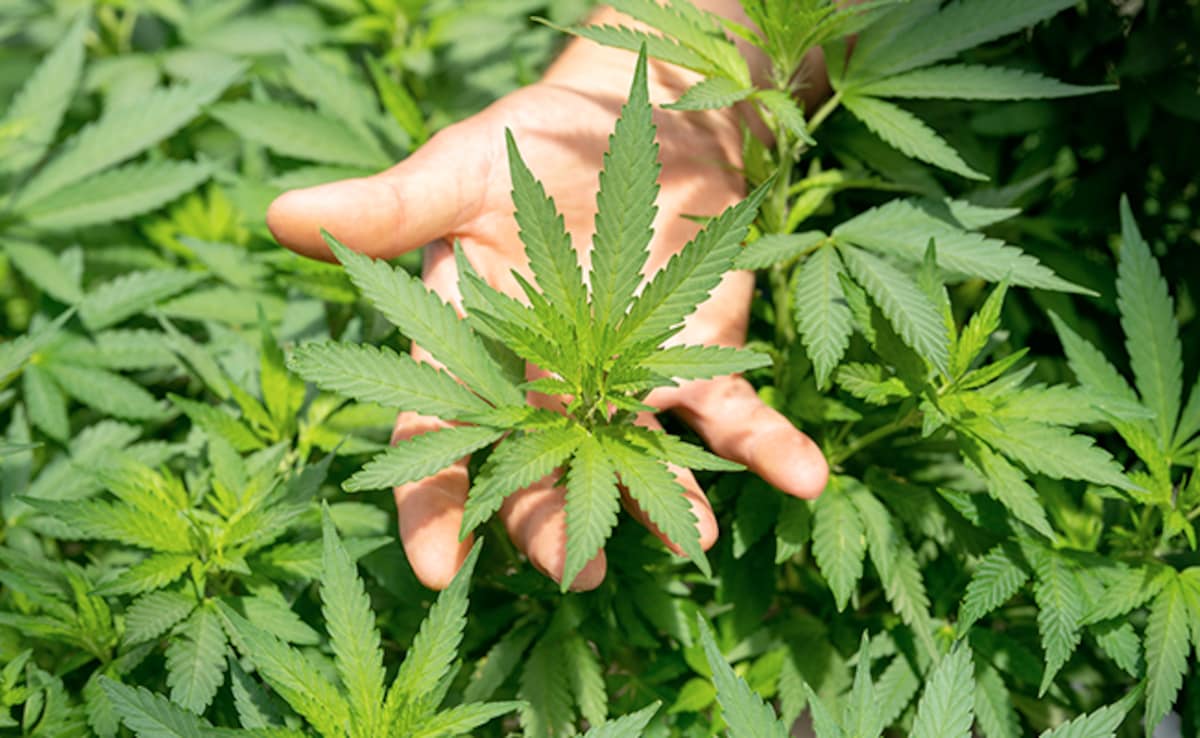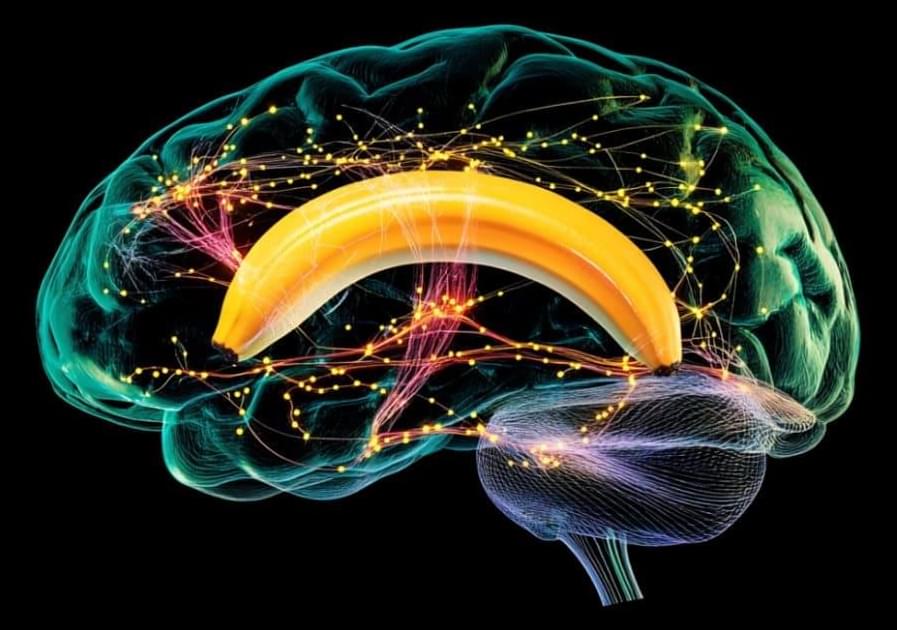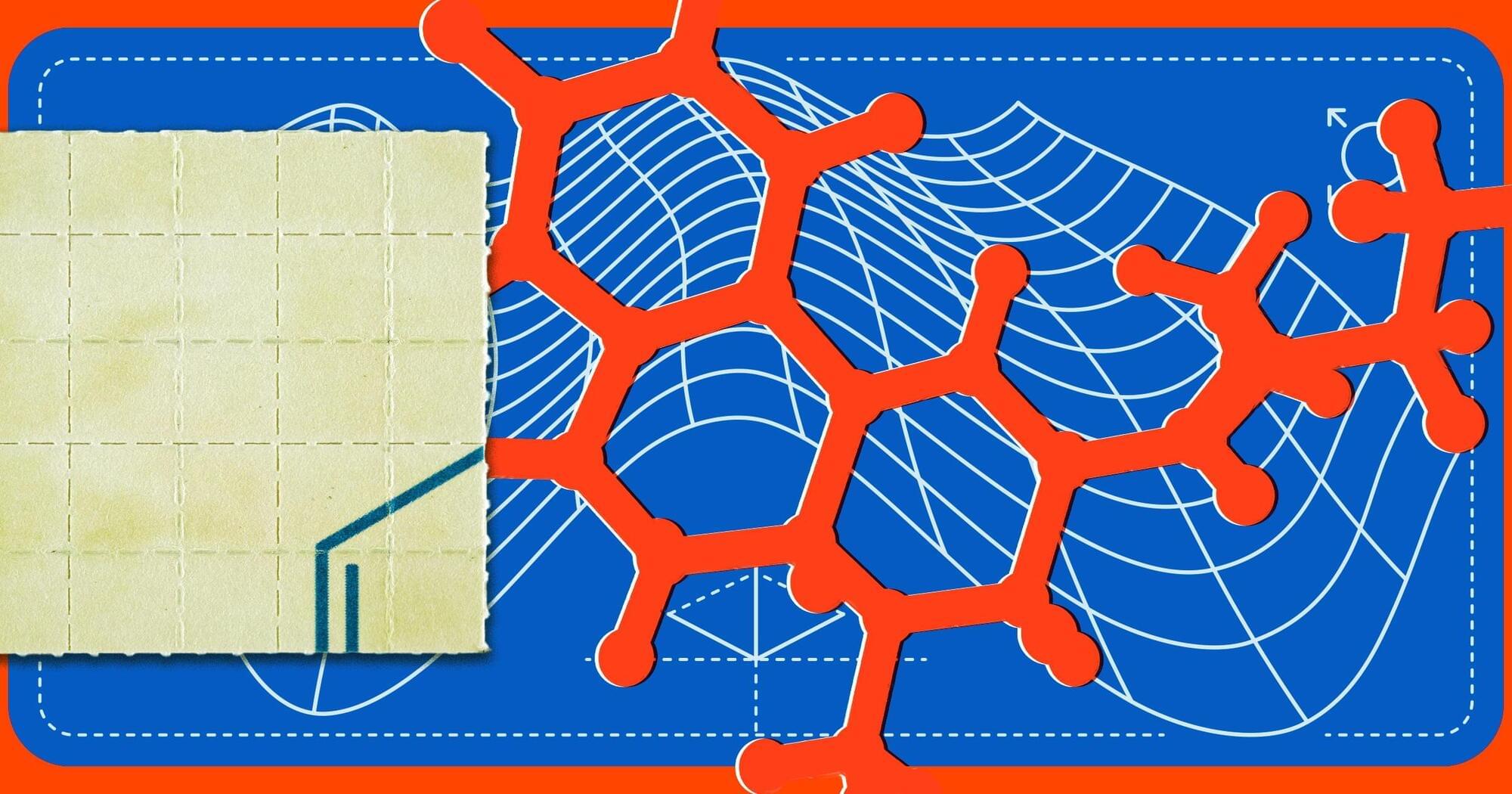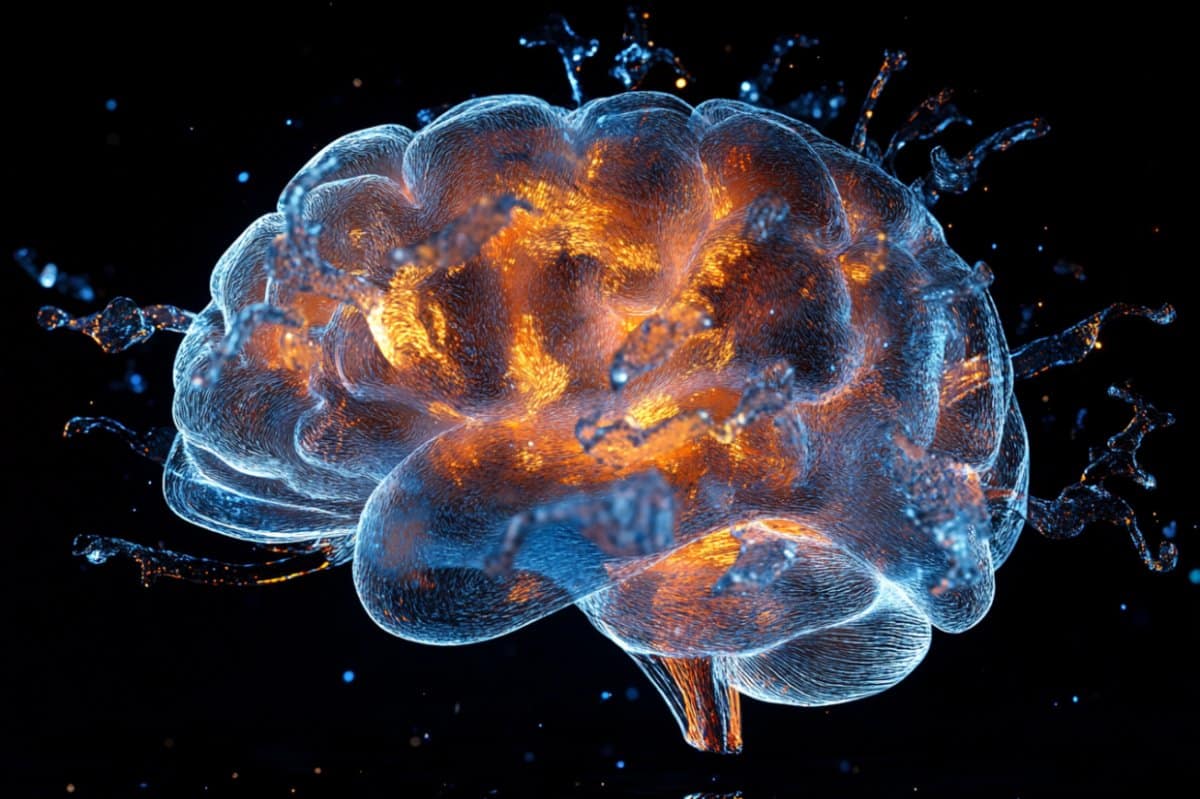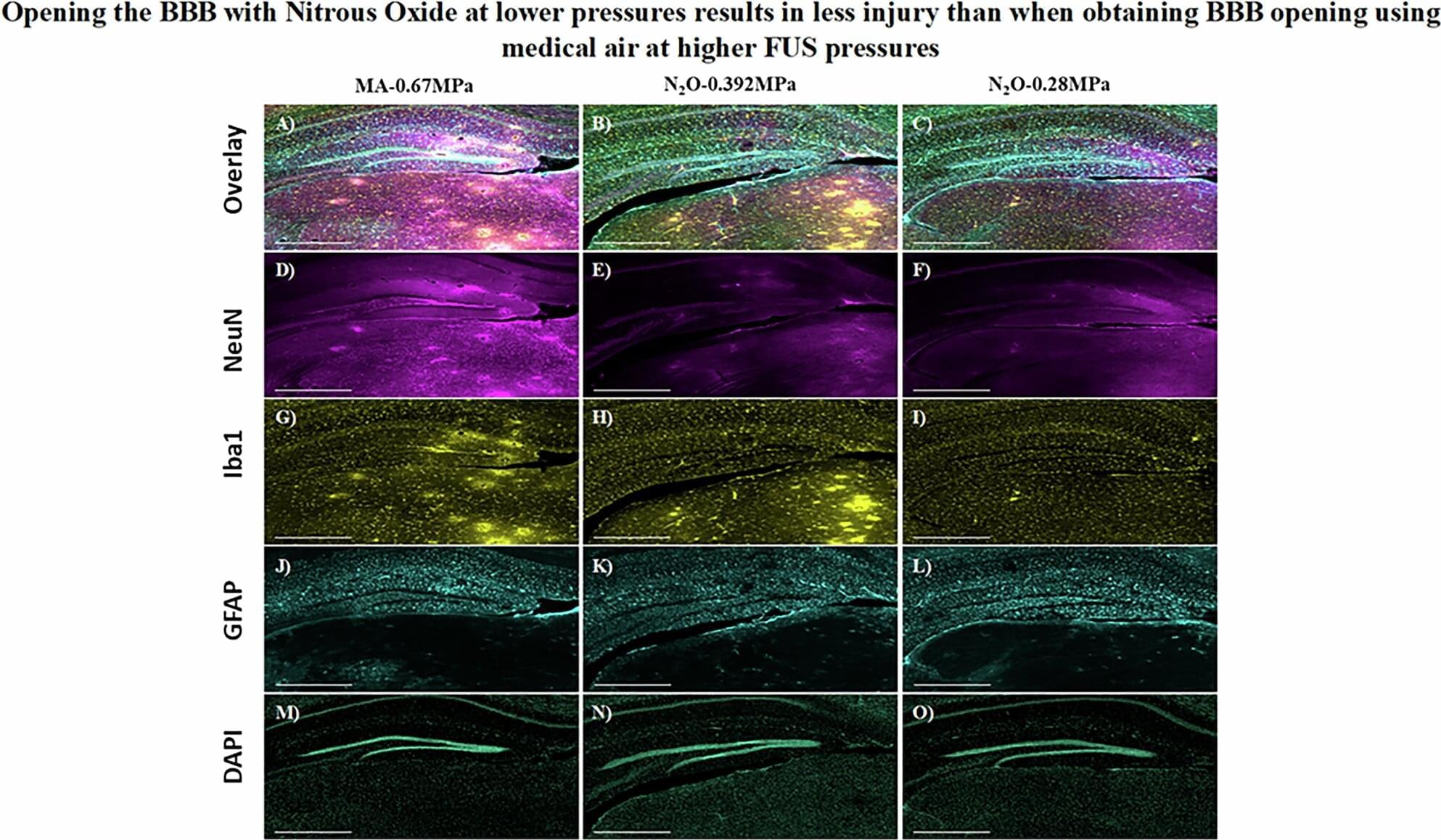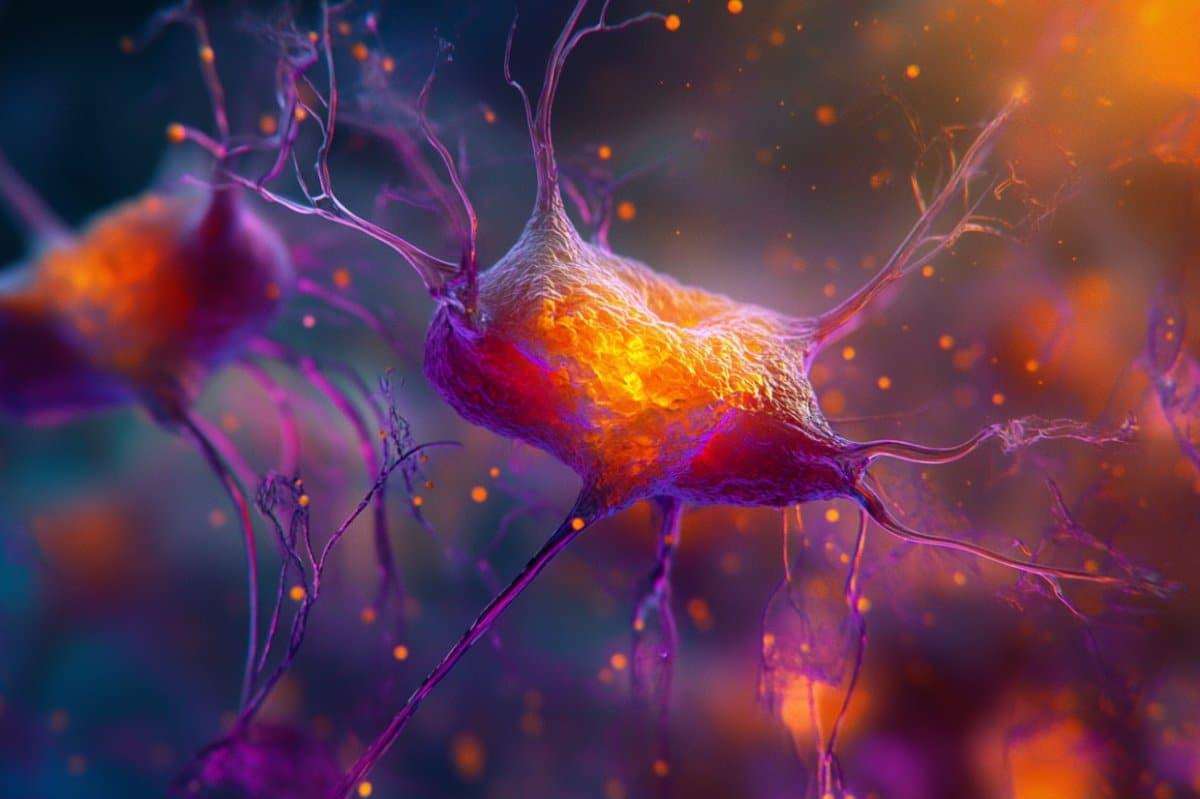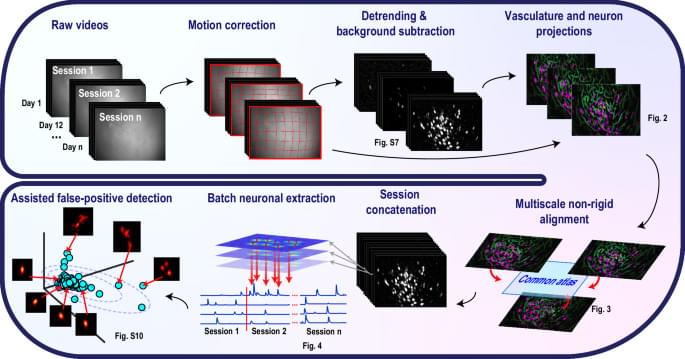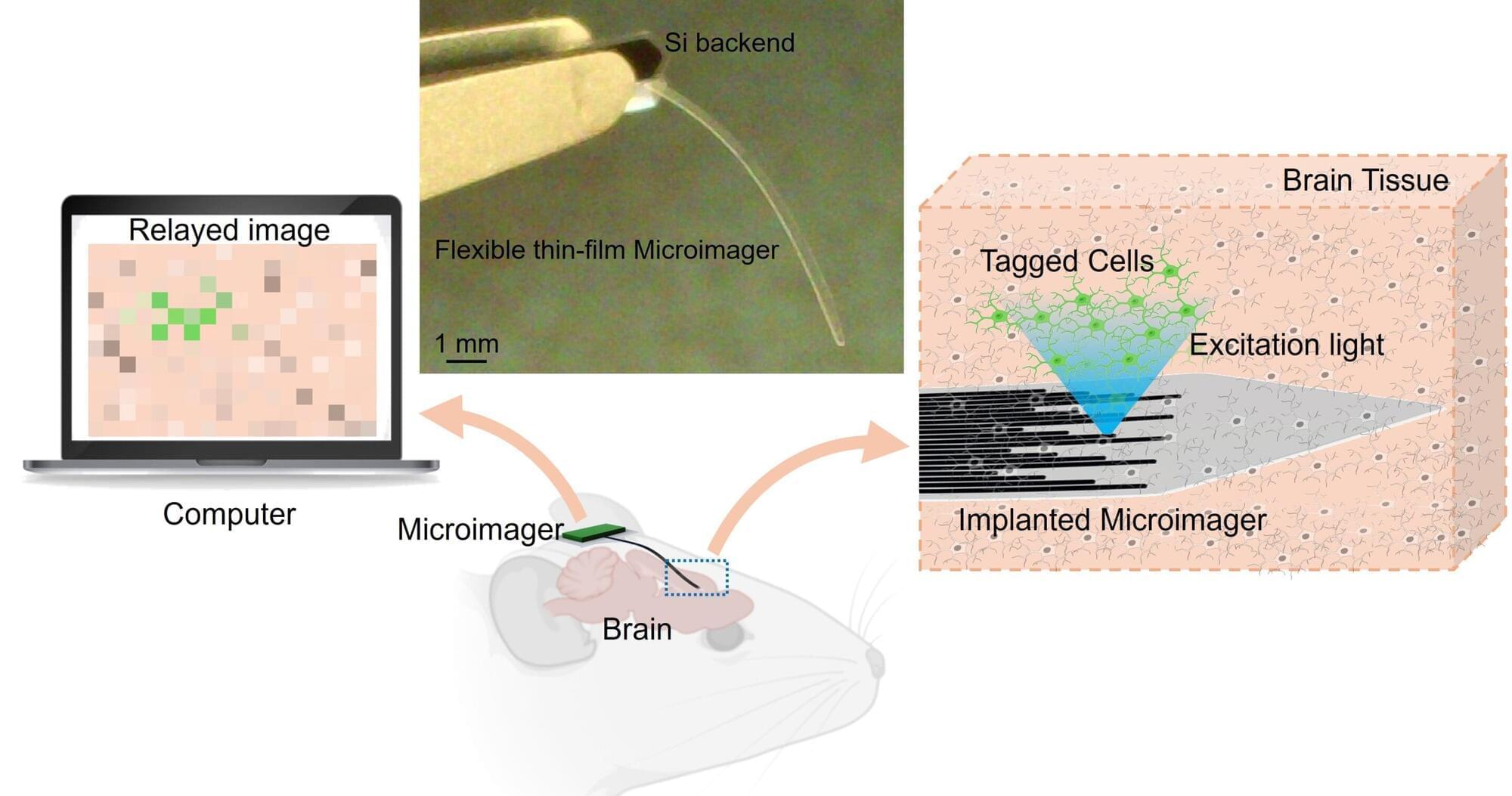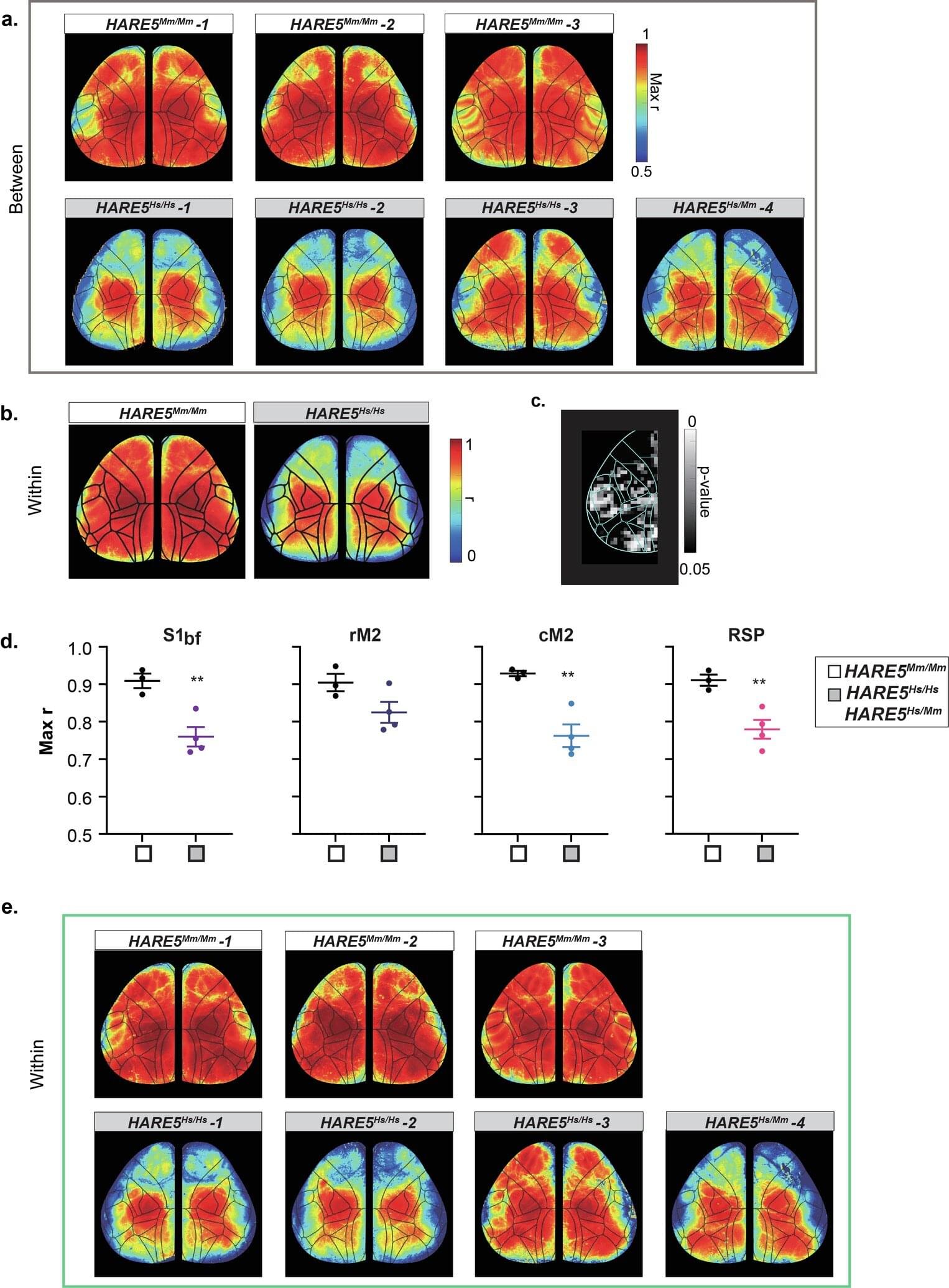By 2030, there will still be over 1 billion of the world’s adolescents (aged 10–24 years) living in countries where preventable and treatable health problems like HIV/AIDS, early pregnancy, unsafe sex, depression, poor nutrition and injury collectively threaten the health and well-being of adolescents, suggests a new analysis from the second Lancet Commission on adolescent health and well-being.
Commission co-chair, Professor Sarah Baird, George Washington University (U.S.) says, The health and well-being of adolescents worldwide is at a tipping point, with mixed progress observed over the past three decades.
While tobacco and alcohol use has declined and participation in secondary and tertiary education has increased, overweight and obesity have risen by up to eight-fold in some countries in Africa and Asia over the past three decades, and there is a growing burden of poor adolescent mental health globally.

